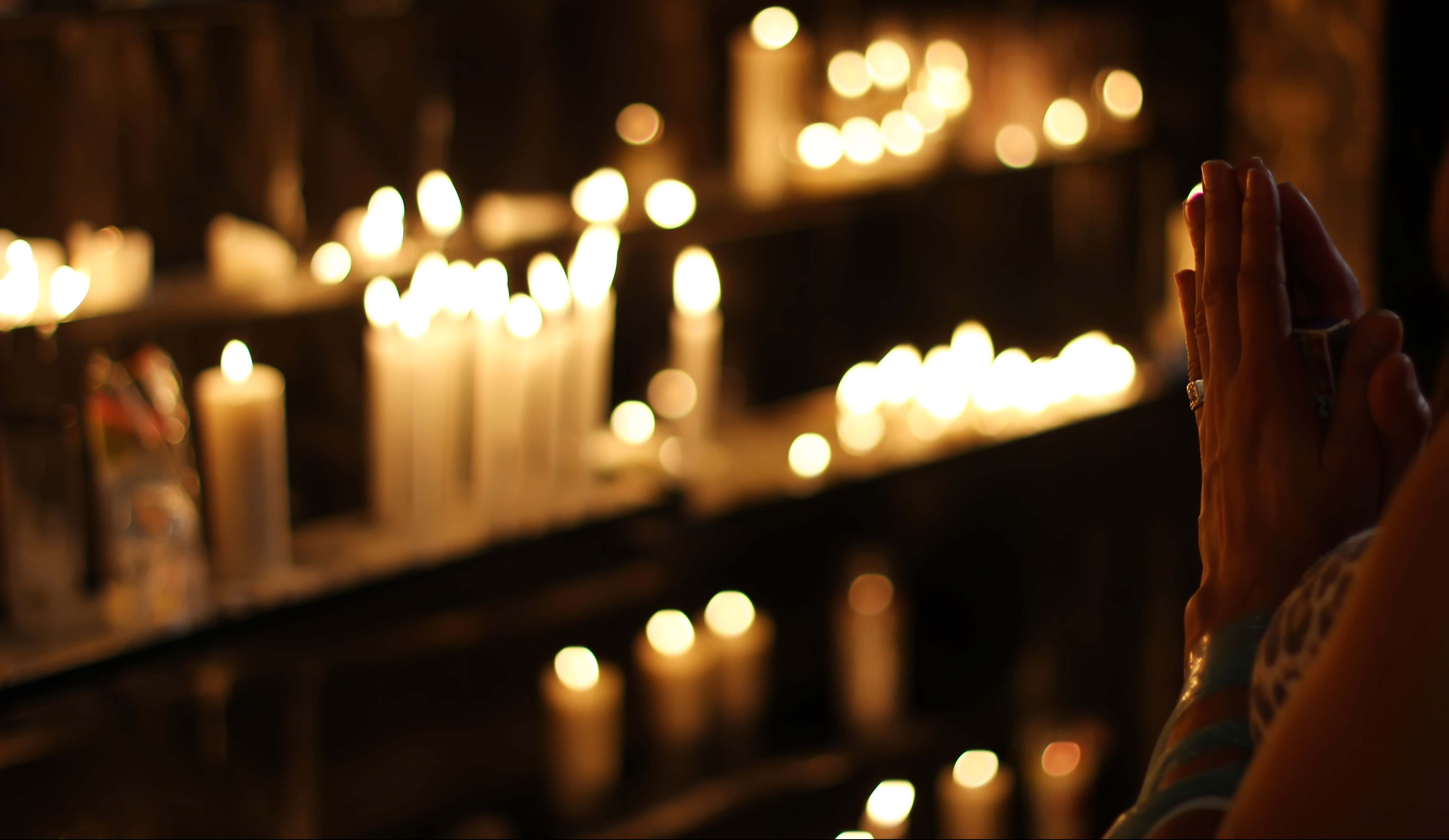One might think that the horrors of war would make one question their beliefs, but the opposite is true. War actually increases religiosity. In fact, those most affected by the traumas of war tend to be more likely to participate in religious groups and rituals. A recent study examined survivors of wars in Uganda, Sierra Leone, and Tajikistan. In all three contexts, those who were more affected by the war, perhaps experiencing violence themselves or having family or household members killed, were significantly more likely to be religious than others who had not been so affected by violence. The findings held true for both Christians and Muslims, and had lasting effects, persisting over a decade after conflict. Why this link exists is not clear, but other research has shown that rituals and religious beliefs can help people cope with trauma.
This study helps establish that war actually causes further religiosity and thus suggests that the ingredients exist for a feedback loop between religion and war. This has important implications for countries which may be motivated to intervene in troubled regions of the world with violence. Aggressive intervention may actually enhance people’s religious commitments, and thus could potentially even inflame the religious fault lines which spark so much conflict.
Henrich, J., Bauer, M., Cassar, A., Chytilová, J., & Purzycki, B. G. (2019). War increases religiosity. Nature Human Behaviour, 1.
